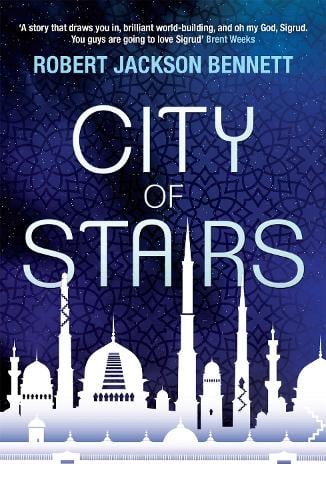The book 'Games People Play' by Eric Berne is a historical reference on transactional analysis, but it is difficult to read for modern audiences due to its jargon and lack of descriptive examples. The reviewer found it lacking compared to more approachable books on the subject.
The book 'Games People Play' by Eric Berne is a historical reference on transactional analysis, but it is difficult to read for modern audiences due to its jargon and lack of descriptive examples. The reviewer found it lacking compared to more approachable books on the subject. The book groups its content into three sections: Analysis of Games, A Thesaurus of Games, and Beyond Games. However, the reviewer felt that the book's analysis of each game was incomplete and that the lack of frequent, descriptive narratives and dialogue made it feel like a tease. Additionally, the reviewer was put off by the author's gender stereotyping and a disturbing section called 'Rapo'. The reviewer concluded that the book is most useful as a historical reference and would not recommend it to readers with a trauma history or those looking for more descriptive examples of the games of transactional analysis.
Quick quotes
A game is an ongoing series of complementary ulterior transactions progressing to a well-defined, predictable outcome. Descriptively it is a recurring set of transactions, often repetitious, superficially plausible, with a concealed motivation; or, more colloquially, a series of moves with a snare, or 'gimmick'. Games are clearly differentiated from procedures, rituals, and pastimes by two chief characteristics: (1) their ulterior motives and (2) the payoff.
People who play destructive games will come to the therapist far more frequently than people who play constructive ones.
Games People Play is a book on transactional analysis that is most useful as a historical reference.
